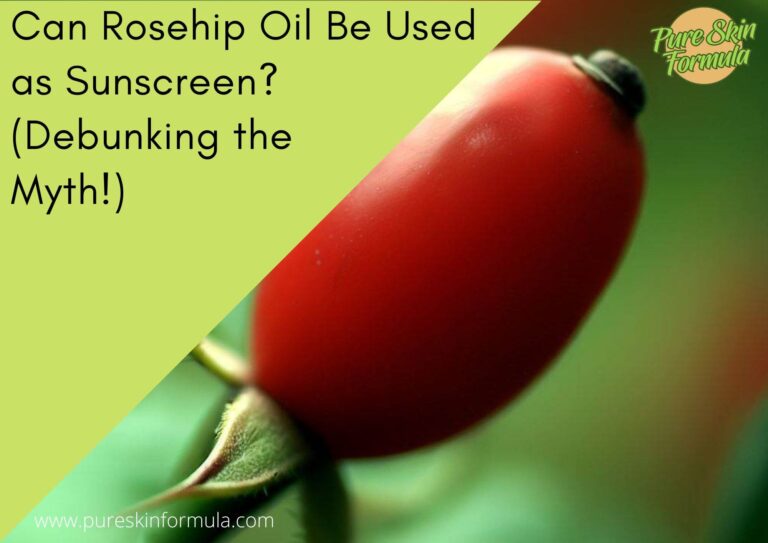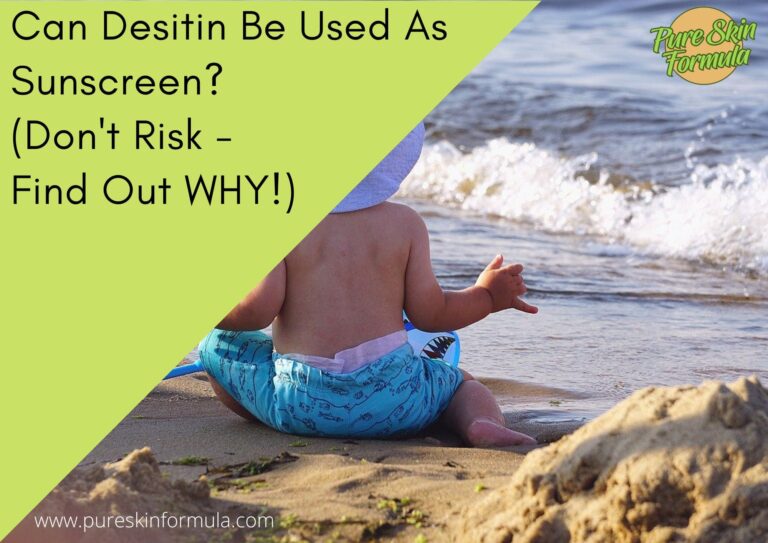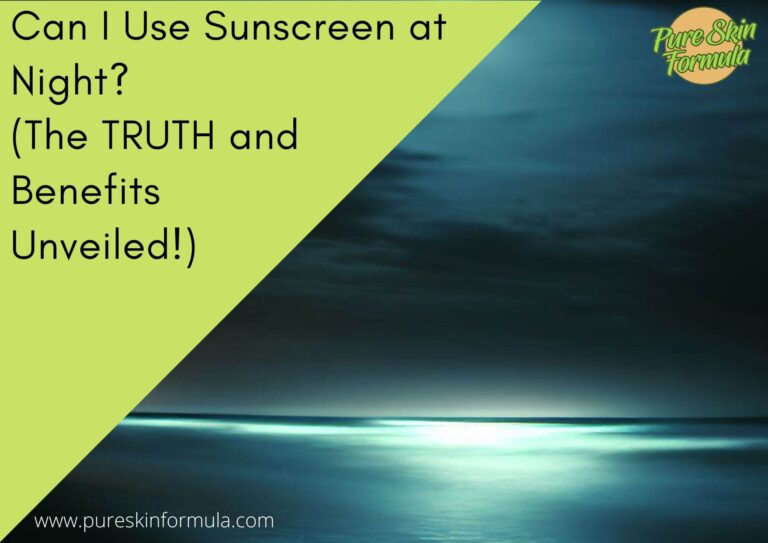Have you ever wondered why sunscreen seems to have a knack for leaving your face feeling dry and tight? You diligently apply it to protect your skin from harmful UV rays, leaving you with an uncomfortable aftermath.
Well, fret not because you’re not alone in this predicament. In this blog post, I will unravel the mystery behind this skin-drying phenomenon and shed light on the hidden culprits.
Let’s start, shall we?
Why does sunscreen dry out my face?
Sunscreen can dry out your face due to three main factors.
- Some sunscreens contain alcohol, which can dry the skin. Alcohol is commonly used as a solvent and can contribute to moisture loss. Certain fragrances and preservatives found in sunscreens may also dry the skin.
- Applying sunscreen can disrupt the skin’s natural moisture barrier. If not applied correctly or in the right amounts, sunscreen can create a barrier that prevents moisture from escaping the skin, leading to dryness.
- Environmental factors, such as dry climates, low humidity, wind, heat, and air conditioning, can further exacerbate the drying effects of sunscreen.
I will continue in more detail below.
Potential drying effects of certain ingredients
Understanding the ingredients can explain why they may sometimes leave your face feeling dry. Let’s take a closer look at a few common culprits:
Alcohol
It’s no secret that alcohol can dry skin, and unfortunately, some sunscreens contain it. Alcohol is often used as a solvent in sunscreen formulations, helping other ingredients dissolve and create a smooth texture.
However, high concentrations of alcohol can strip away moisture from your skin, leading to that unpleasant dry feeling. Look for sunscreens with lower alcohol content or alcohol-free alternatives if dryness concerns you.
Fragrances and preservatives
Ah, the delightful scent of tropical sunscreen! While fragrances may enhance the sensory experience, they can be potential irritants, especially for those with sensitive or dry skin.
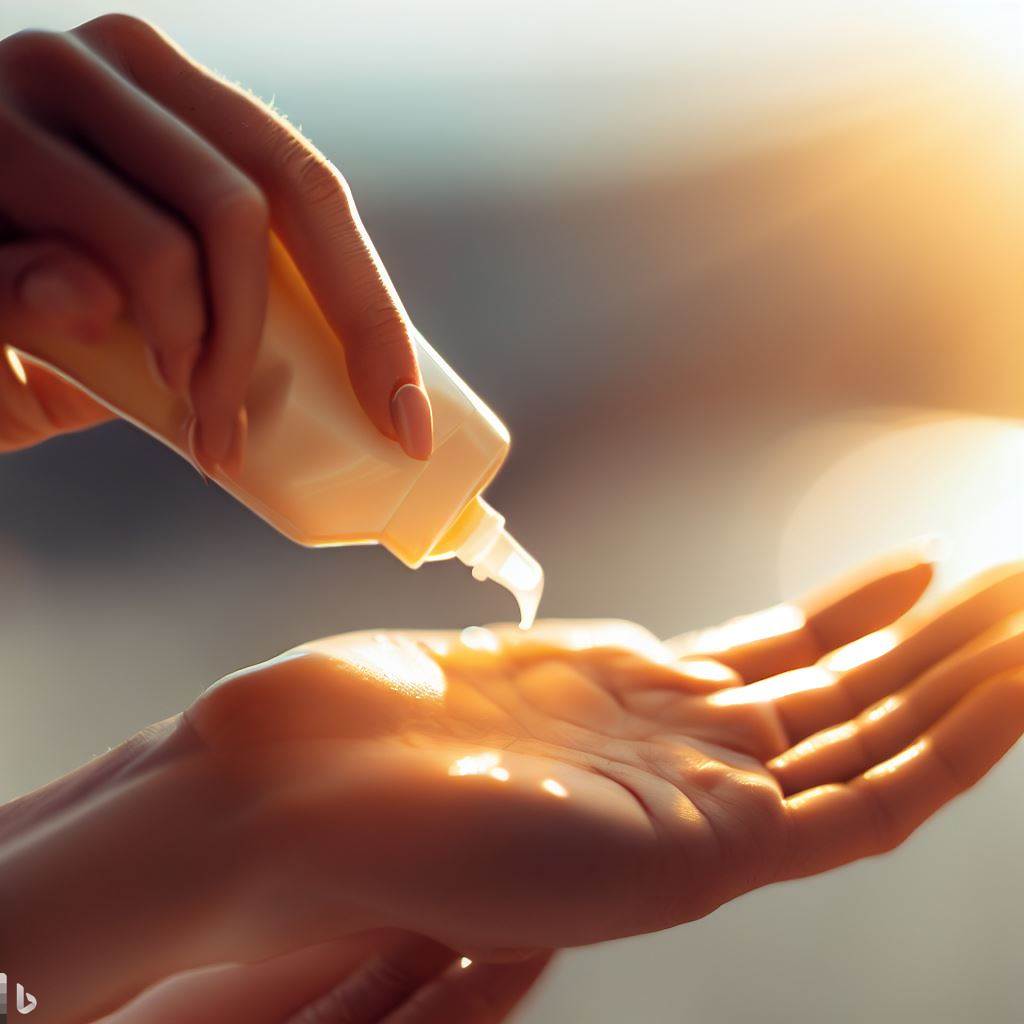
Likewise, preservatives used to extend the shelf life of sunscreens can sometimes cause dryness and irritation. If your face feels drier after applying scented sunscreen, consider switching to fragrance-free or hypoallergenic options.
Chemical filters
Chemical filters are commonly used in sunscreens to absorb and convert UV radiation into less harmful forms of energy. However, some chemical filters, such as avobenzone or oxybenzone, could dry the skin.
If so, consider exploring physical sunscreens containing zinc oxide or titanium dioxide instead.
Not all sunscreens contain these drying ingredients, and formulations vary across brands.
You can find one that protects your skin without leaving it parched by reading the ingredient labels and opting for sunscreens that prioritize moisturizing components.
Factors that contribute to increased moisture loss
Before we dive into how sunscreen application can affect moisture levels, let’s talk about the skin’s natural moisture barrier.
This barrier, composed of lipids and natural oils, acts like a protective shield, keeping moisture locked in and harmful substances out. It’s what gives your skin that supple and hydrated feeling.
How can sunscreen application disrupt this barrier?
Well, sunscreen, especially if not properly formulated, can create a physical barrier on the skin’s surface. While this barrier is intended to shield you from UV rays, it can also prevent your skin from naturally retaining moisture, leading to dryness.
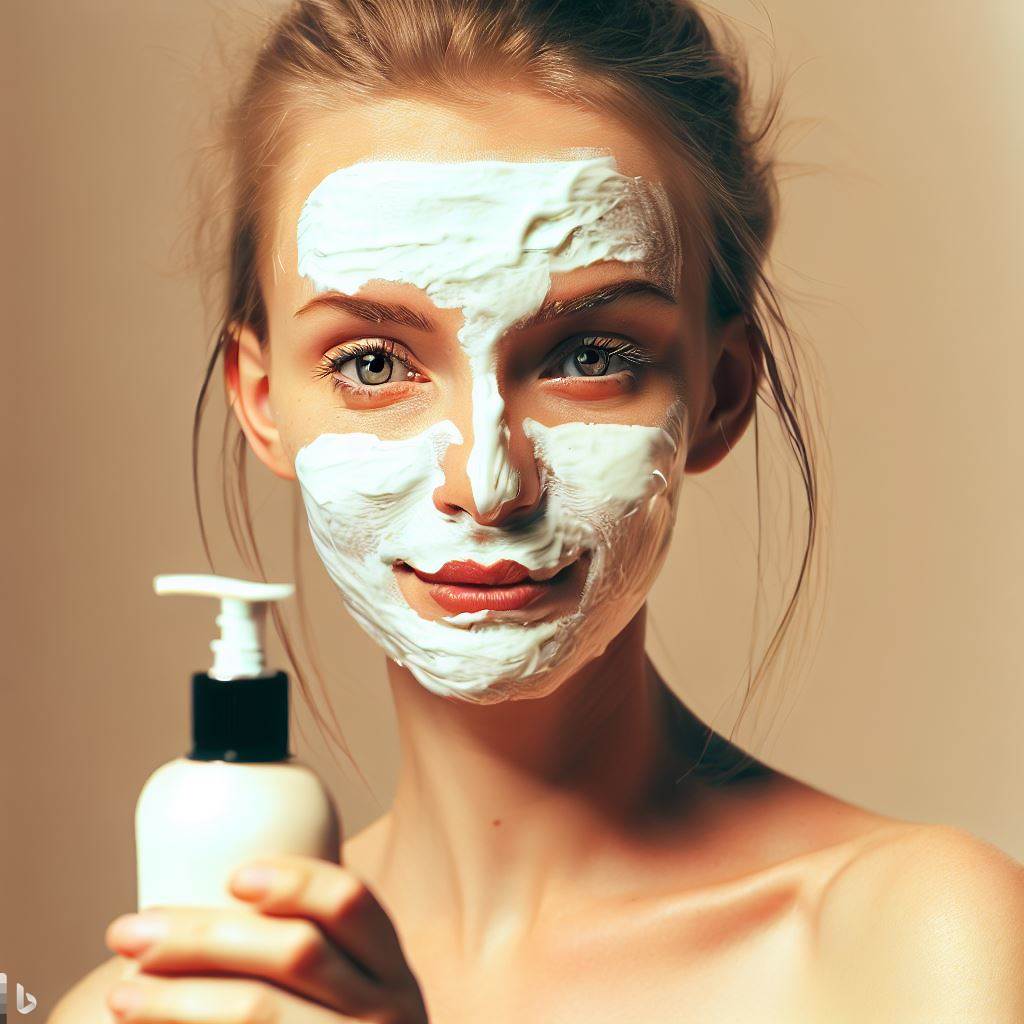
Several factors can contribute to increased moisture loss when applying sunscreen. Misapplying sunscreen can lead to adequate coverage, and you may need more protection.
Moreover, rubbing the sunscreen too vigorously or using rough motions can disrupt the skin’s moisture barrier, causing dryness. Gentle and even application is vital!
The amount of sunscreen you apply matters. Using too little may leave areas of your face unprotected while applying too much can create a thick layer that hampers your skin’s ability to breathe and retain moisture.
Finding the right balance is essential for sun protection and maintaining moisture levels.
Moisturizing your skin before applying sunscreen is crucial. When your skin is adequately moisturized, it’s more resilient and better able to retain moisture throughout the day.
Skipping this step can make your skin more susceptible to dryness, especially when combined with sunscreen’s potential moisture-disrupting effects.
How can wind, heat, and air conditioning exacerbate drying effects?
Believe it or not, environmental factors can significantly affect how sunscreen affects your skin’s moisture levels.
Let’s explore a few.
If you live in a dry climate or an area with low humidity, you might have noticed that your skin feels drier.
When you combine this with the potential moisture-disrupting properties of sunscreen, it’s no wonder your face can feel dry.
Wind, heat, and air conditioning may feel refreshing, but they can also contribute to drying out your skin when combined with sunscreen. Let’s break it down:
Wind can strip away your skin’s natural oils and moisture. When you apply sunscreen, the wind can accelerate the evaporation of moisture from your skin, intensifying the drying effect.

If you’re in a windy environment, consider seeking shelter or using physical barriers like hats or scarves to protect your face.
Excessive heat can increase water loss from your skin, leading to dryness. When combined with sunscreen, the heat can speed up the evaporation of moisture, leaving your skin feeling parched.
To minimize this effect, try to seek shade or wear protective clothing to shield your skin from direct sunlight and excessive heat.
While air conditioning can relieve hot days, it can deplete the air’s moisture, leading to drier skin. To counterbalance this, consider using a humidifier in indoor spaces to add moisture to the air and keep your skin hydrated.
Let’s explore some practical strategies to keep your skin hydrated and moisturized using sunscreen.
Strategies to combat sunscreen-induced dryness
Look for moisturizing ingredients like hyaluronic acid or glycerin. They can attract and retain moisture in your skin.
Consider sunscreens labeled as “hydrating” or “moisturizing.” Some are specifically formulated to provide additional hydration.
Before applying sunscreen, make sure to moisturize your skin adequately.
Cleansers with harsh ingredients can strip away your skin’s natural oils, making it more prone to dryness. Opt for gentle ones.
Proper sunscreen application matters. Ensure even coverage with appropriate amounts of sunscreen.
Don’t skimp on it! Apply enough product to cover your face and other exposed areas.
Should I seek professional advice?
If you’ve tried various strategies to combat sunscreen-induced dryness but haven’t seen significant improvement, it might be time to contact a professional.
They can assess your unique skin type, concerns, and medical history to provide personalized recommendations.
Final thoughts
Understanding why sunscreen can dry out your face is the first step toward finding solutions that work for you.
By being mindful of the ingredients in your sunscreen, prioritizing proper moisturization, and considering environmental factors, you can combat dryness and enjoy the benefits of sun protection.
Remember to choose sunscreens with hydrating ingredients, follow correct application techniques, and replenish moisture post-sunscreen.
When in doubt, seeking advice from a dermatologist or skincare professional can provide personalized recommendations.
With the proper knowledge and strategies, you can nourish and protect your skin, ensuring it stays healthy, hydrated, and shielded from the sun’s harmful rays.
Embrace the journey to a well-moisturized and radiant complexion, and say goodbye to sunscreen-induced dryness!
Thank you for reading!
Valeria



